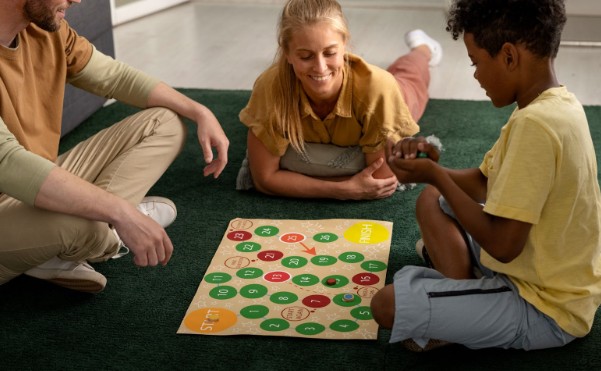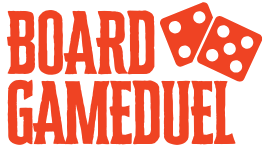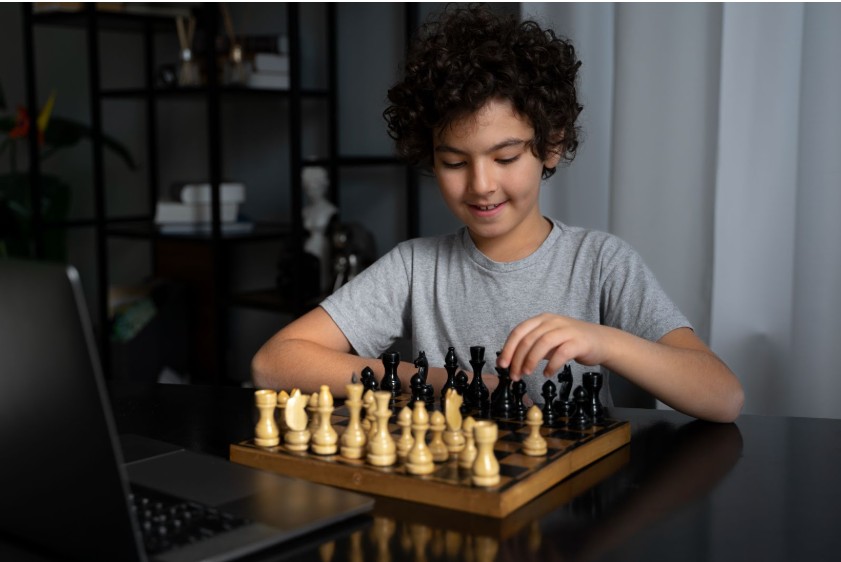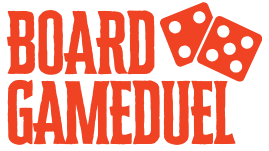Ever feel like you’re always one move behind while everyone else is thinking ten steps ahead? Whether it’s a tense board game night or a digital battleground online, strategy games can be unforgiving—but they’re also incredibly rewarding.
This blog is your go-to guide for understanding how to improve your strategy game skills: tips from the pros, techniques from the trenches, and real strategies that work in both casual and competitive settings. From tactical board games to fast-paced real-time strategy video games, we’re diving deep into what separates good players from great ones.
Why Strategy Games Make You Smarter Than You Think?
Strategy games challenge your decision-making, long-term planning, and ability to read opponents. Multiple studies even suggest they improve memory, critical thinking, and cognitive flexibility. Whether you’re plotting in a game of Risk or coordinating a complex StarCraft campaign, strategy games are like mental marathons.
Start With the Basics – Master the Rules First

It might sound simple, but knowing the rules inside out is the first major step in mastering any strategy game. Want to know how to improve your strategy game skills? Start here. Learn the mechanics, study the win conditions, and explore every edge case. The more you know the rules, the more you can bend them to your advantage.
Practice Isn’t Just Repetition – Make It Intentional
Not all practice makes perfect. Intentional practice is what sharpens your skills. After each game, analyze your performance. Where did you make a mistake? What would a top-tier player have done? This self-analysis is a cornerstone of how to improve your strategy game skills.
Think Ahead, Not Just About the Next Move
In games like Chess, Catan, or even Civilization, short-term gains often distract players from long-term dominance. Real strategy involves forecasting, planning, and reacting dynamically. Think of each move as part of a broader arc. This is where serious improvement begins.
Learn From the Best – Study How Pros Think
If you’re wondering how to improve your strategy game skills fast, study the pros. Follow tournament streams, YouTube breakdowns, and strategy blogs. The best players break down moves in ways that expose subtle tactics and long-term plays. Watch how they shift strategies mid-game and how they handle unpredictable scenarios.
Adaptability Is Key – Don’t Stick to One Playstyle

One of the most common mistakes? Relying on the same strategy every game. The pros adapt constantly. Whether it’s switching from defense to offense in real-time strategy games or changing trading tactics in board games, flexibility is a key trait of high-level players.
Understand Your Opponents as Much as the Game
Strategy isn’t just about what you do—it’s about what you predict others will do. Learn to read your opponents’ playstyle, emotional triggers, and favorite strategies. This psychological edge can help you counter them effectively.
Break Down the Game Into Manageable Chunks
Games can be overwhelming if taken as a whole. Divide them into phases: early game, mid-game, and late game. Focus on objectives during each phase. Whether you’re optimizing your economy or preparing an endgame push, treating each phase as its own mini-challenge can simplify decision-making.
Keep a Strategy Journal or Tracker
If you’re serious about growth, track your progress. Document your wins, losses, mistakes, and what you learned. Over time, patterns emerge that reveal your strengths and weaknesses. Many pro gamers swear by this method.
Stay Calm Under Pressure – Tilt Can Ruin Your Strategy

Tilt—a gamer term for emotional frustration—destroys focus. Top players train themselves to stay emotionally neutral. If you lose, learn from it. If you win, don’t get overconfident. Balanced emotions help you make clearer decisions.
Play Different Types of Strategy Games to Train Faster
Cross-training isn’t just for athletes. Playing various types of strategy games exposes you to different decision-making challenges. Board games like Pandemic build cooperative thinking; RTS games build speed and timing; turn-based games refine methodical thinking. Variety boosts adaptability.
Tips for Competitive Play and Tournaments
Looking to join competitions or online ranked matches? Here’s how to sharpen your Modern Strategy Games skills and play at a competitive level.
- Simulate tournament conditions during practice
- Study common meta strategies
- Prepare for high-stakes pressure with mock rounds
- Analyze recordings of your tournament matches
Improve Your Setup and Focus for Better Results
A clear mind starts with a clear space. Whether it’s your gaming rig or tabletop, ensure comfort and focus. Eliminate distractions, optimize your lighting, and set break timers to avoid mental fatigue. A high-quality environment supports high-quality thinking.
Track Trends and Meta – Especially in Digital Games
In digital games, developers often release patches that tweak gameplay. Keeping up with the meta (the most effective tactics available) gives you a competitive edge. Join communities, read changelogs, and adjust your strategy accordingly.
Have Fun and Keep a Growth Mindset

At the heart of every pro player is someone who simply enjoys the game. Don’t forget to have fun and embrace the process. Failure is feedback. Growth happens through reflection, not just repetition. Ask yourself regularly: how to improve your strategy game skills?
FAQs About Improve Your Strategy Game Skills
1. What are the easiest strategy games for beginners?
Ticket to Ride, Risk, and Into the Breach are fantastic starting points.
2. How can I tell if I’m actually improving at strategy games?
Measure progress through consistent play, win rates, and faster decision-making.
3. Do pro players memorize moves or think on the fly?
Both. They rely on frameworks but adapt in real time.
4. Can strategy games help with real-life decision-making?
Yes, they develop patience, pattern recognition, and risk analysis.
5. How do I stop overthinking during gameplay?
Use time-limited practice sessions to build confidence and instinct.
6. How much time should I spend practicing each week?
Three to five focused sessions are ideal for steady improvement.
7. Are video strategy games better than board games for learning?
Each has strengths. Video games build speed and multitasking; board games teach structure and planning.
8. Is it too late to become competitive in strategy games?
Not at all. Strategy isn’t limited by age—it’s powered by mindset.
Conclusion
Mastering strategy games doesn’t require genius—it requires mindset, method, and momentum. Now that you’ve explored how to improve your strategy game skills: tips from the pros, it’s time to implement what you’ve learned. Start tracking your games, reflect on your playstyle, and commit to consistent practice.
In the end, whether you’re casually competing with friends or chasing leaderboard ranks, the principles stay the same. With time and intention, you’ll not only win more—you’ll think smarter.









